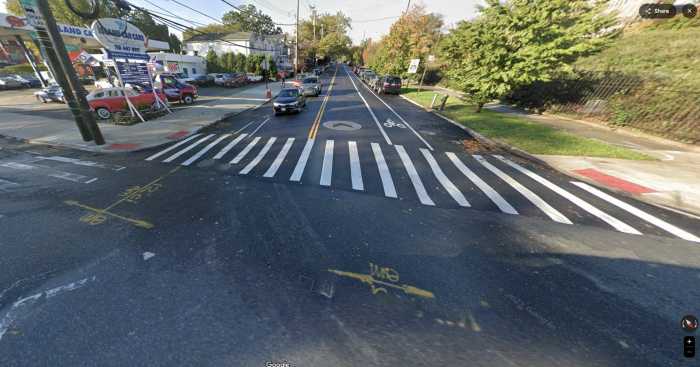As Speaker Christine Quinn announced several major changes to the City Council’s current budget allocation process earlier this month, local nonprofit organizations are still wondering when they will receive their discretionary funding for the current fiscal year.
“The way I see it, who knows the most acute needs of a district or a borough better than the council member, the borough president and other elected officials at the district level?” Borough President Marty Markowitz said. “It is a city’s duty to thoroughly vet its expenditures, but it should think twice before taking this funding flexibility away from those who know constituent needs best.”
After the indictment of two aides to Brooklyn Councilmember Kendall Stewart for embezzling discretionary funds, Speaker Quinn and other members of city council have come under severe criticism for the practice of allocating discretionary spending.
Following the indictment, Speaker Quinn proposed oversight reforms earlier this month that included a revised set of best practices. Requests for discretionary funding will now undergo a comprehensive pre-clearance process that will be supervised by the Mayor’s Office of Contract Services and City Council staff and will require heightened disclosure of conflicts of interest.
“In the past few weeks, my colleagues and I took a real hard look at the way the Council has historically allocated funding to New York’s many diverse and important non-profit and community organizations,” said Quinn. “Together we have developed a new set of best practices that create unprecedented standards, giving New Yorkers complete faith in the way public dollars are spent.”
Councilmember David Yassky, a candidate for comptroller and whose district includes Brooklyn Heights, Greenpoint, Williamsburg, DUMBO, Boerum Hill and Park Slope, has been assisting Quinn with the proposed best practices reforms. Yassky has been calling for City Council to maximize transparency.
“The real priority here is to reform the system,” said Yassky spokesman Jake Maguire. “In next year’s budget there shouldn’t be questions about who will be vetted. All of the bodies should be working together. We want to put in place some real reform to help everybody do their jobs.”
While many councilmembers approve of the plan for more transparency, they want to make sure local nonprofits are not being punished unfairly by the State’s Attorney’s investigation.
“Some funds are frozen and others are not,” said Councilmember Letitia James, whose district includes Clinton Hill and Fort Greene. “Immigration, anti-gang initiatives, youth programs, it’s a hodgepodge really. If a group is tied to the investigation, it is frozen. It’s not like we froze it, it’s the comptroller.”
Several organizations throughout Brooklyn have not yet received their allocated funding this year. Councilmember Bill de Blasio, who has been contacted by a youth sports nonprofit group in Carroll Gardens, believes it is important to focus on restoring funding to existing initiatives that provide services to the city.
“The [youth group] found out from DYCD that thousands of dollars in funding are being held up for an unknown period,” said de Blasio, whose district includes Borough Park, Carroll Gardens, Cobble Hill, Gowanus, Kensington, Park Slope and Windsor Terrace. “They have real financial obligations to meet, and these indefinite delays could hurt their relationships with their vendors and have a real impact on their ability to continue performing the services they provide for the youth in our community.”
In Bay Ridge, a number of small groups such as senior centers and youth groups survive on council funding. Community Board (CB) 10 District Manager Josephine Beckmann is especially concerned that the State’s Attorneys investigation could prevent a number of local groups from meeting their financial commitments.
“We have great organizations and civic groups out here in Bay Ridge who are really hard working organizations,” Beckmann said. “The fact that many of these groups may not get funded will impact them greatly.”
Theresa Scavo, chair of CB 15, which includes Sheepshead Bay and Marine Park, believes that the increased oversight will lead to fewer groups in her neighborhood receiving support from City Council.
“A lot of nonprofits will be hurt by this because elected officials will concerned about looking over their shoulder and it’s not correct at all,” Scavo said.





















